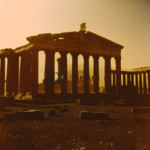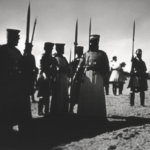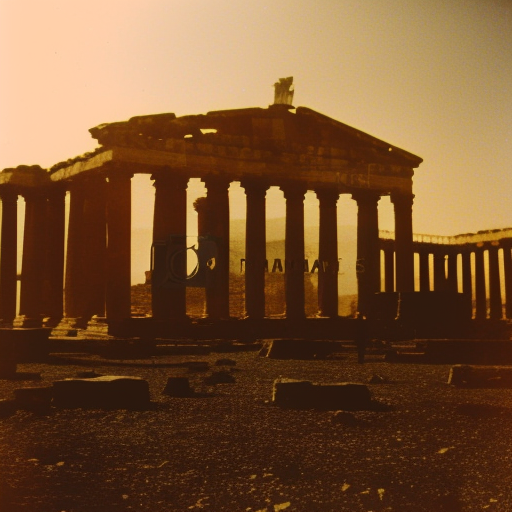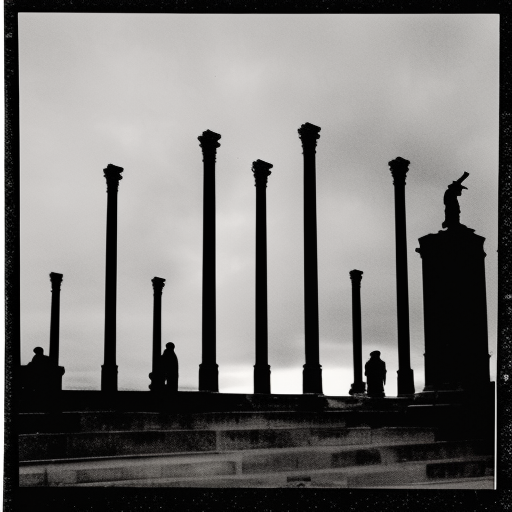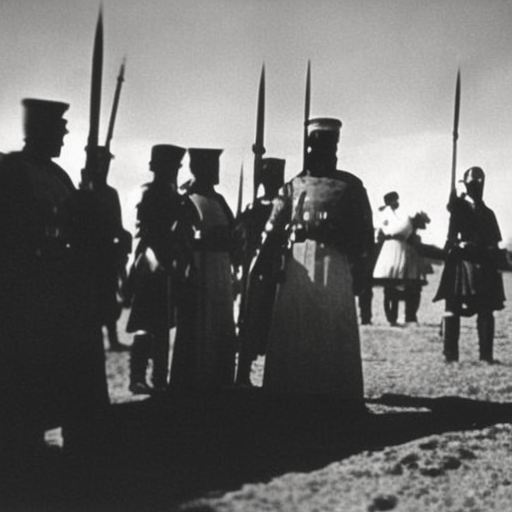The Reign of Emperor Augustus
Emperor Augustus, also known as Octavian, was the first Roman Emperor and ruled from 27 BC until his death in 14 AD. He played a crucial role in the transition of Rome from a republic to an empire, and his reign marked the beginning of the Pax Romana, a period of relative peace and stability that lasted for over two centuries.
Consolidation of Power
After the assassination of his great-uncle Julius Caesar in 44 BC, Octavian emerged as one of the key figures in the power struggle that followed. He formed a political alliance with Mark Antony and Marcus Aemilius Lepidus, known as the Second Triumvirate, to defeat Caesar’s assassins. Together, they purged their political opponents and established control over Rome.
However, tensions soon arose between Octavian and Antony. In 31 BC, they faced each other in the Battle of Actium, where Octavian emerged victorious. This victory allowed him to consolidate his power and become the sole ruler of Rome.
Reforms and Policies
As emperor, Augustus implemented a series of reforms and policies aimed at strengthening the empire. He reformed the Roman tax system, established a standing army, and initiated a massive building program that transformed Rome into a magnificent city. He also implemented social and moral reforms, promoting traditional Roman values and family life.
To maintain control over the vast empire, Augustus divided it into provinces and appointed loyal governors to oversee their administration. He also established a network of roads and trade routes that facilitated communication and trade throughout the empire.
Cultural and Religious Revival
Augustus was a patron of the arts and literature, and his reign witnessed a cultural revival known as the Augustan Age. He sponsored poets such as Virgil, Horace, and Ovid, who produced some of the greatest works of Roman literature. Augustus himself wrote a memoir called “Res Gestae Divi Augusti” (The Deeds of the Divine Augustus), which detailed his achievements and policies.
In addition to promoting Roman culture, Augustus also revived traditional Roman religious practices. He restored temples, encouraged the worship of traditional Roman gods, and promoted the cult of the emperor, which emphasized his divine status.
Legacy
Augustus’ reign marked a turning point in Roman history. His consolidation of power and establishment of a stable government laid the foundation for the Roman Empire. The Pax Romana that followed brought peace and prosperity to the empire, allowing it to flourish economically and culturally.
Augustus’ reign also set the precedent for future emperors. He established the imperial cult, which became an integral part of Roman religion and politics. His successors, known as the Julio-Claudian dynasty, continued his policies and expanded the empire further.
Overall, the reign of Emperor Augustus was a transformative period in Roman history. His political, military, and cultural achievements shaped the empire for centuries to come. His legacy as the first Roman Emperor and the founder of the Pax Romana remains influential to this day.





